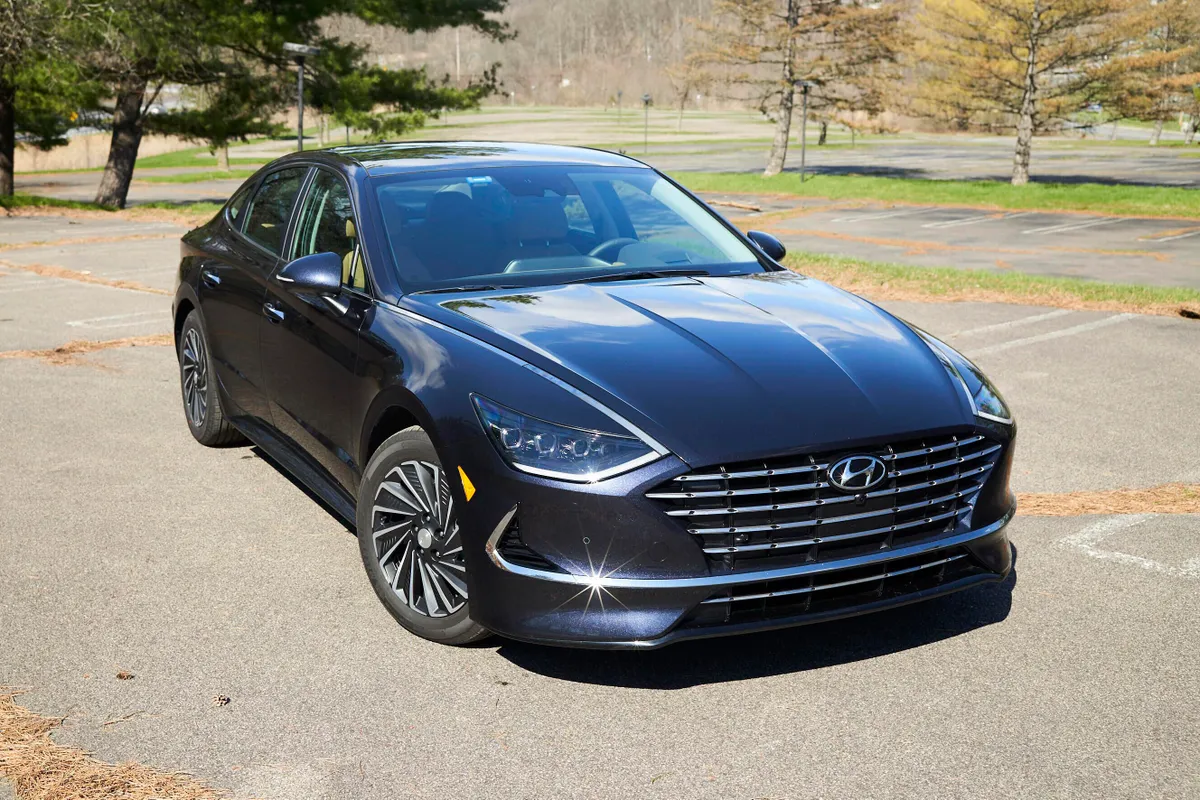In an age where connectivity defines convenience, the humble Bluetooth connection has become one of the most essential features in a modern car. No longer just a bonus tech perk, Bluetooth is now a standard expectation—a functional necessity for drivers who use their phones for hands-free calling, navigation, music streaming, or voice-activated assistance.
Yet, despite its seemingly basic role, not all Bluetooth systems are created equal. Some cars offer seamless, stable, and responsive Bluetooth experiences that feel like an extension of your smartphone.
Others are plagued with frustrating issues like dropped connections, laggy audio, or inexplicable pairing failures. Nowhere is this contrast more evident than in the sedan segment, where manufacturers strive to balance practicality, technology, and affordability.
Sedans represent a massive slice of the automotive market, favored by families, commuters, and rideshare drivers alike. They offer the perfect middle ground between compact fuel-sippers and full-size SUVs. With their wide appeal, sedans are often outfitted with the latest infotainment systems, aiming to meet the expectations of a tech-savvy audience.
But as many drivers discover after purchase, having Bluetooth listed on the spec sheet doesn’t always guarantee a frustration-free experience.
In fact, Bluetooth performance can vary widely even within the same brand or model year. Some systems pair instantly and stay connected through long drives, while others struggle to maintain a signal or completely crash when multitasking.
This article explores five sedans that have excelled in delivering reliable Bluetooth connectivity and five that consistently disappoint. Rather than relying on isolated tech specs or advertising claims, the following breakdown reflects real-world usage patterns, long-term ownership feedback, and common user-reported issues across both iOS and Android platforms.
While manufacturers often release patches or updates to improve performance, a car’s baseline Bluetooth experience usually sets the tone for how drivers interact with their vehicle every single day.
The importance of Bluetooth extends far beyond just entertainment. In the hands-free era of driving—where safety regulations prohibit phone usage and distracted driving is a major hazard—Bluetooth acts as a bridge between personal technology and vehicle functionality.
A dropped call in the middle of a business meeting, an audio stream that cuts out during navigation directions, or a system that refuses to remember your device can be more than a nuisance—it can negatively impact your productivity, concentration, and overall satisfaction with your vehicle. And these aren’t isolated scenarios; they are everyday occurrences for drivers stuck with subpar infotainment systems.
In choosing which sedans to highlight, we’ve focused on model years roughly between 2018 and 2024, a period marked by rapid changes in both smartphone technology and in-car software integration.
This era saw a shift toward touchscreen-dominated interfaces, greater reliance on Apple CarPlay and Android Auto, and the expectation of wireless connectivity as a default, not a luxury.
Within this context, we’ve identified five sedans that stand out for their reliable, efficient, and user-friendly Bluetooth capabilities—vehicles that make it easy to connect and stay connected.
Conversely, we’ve also spotlighted five sedans whose Bluetooth performance continues to cause headaches for drivers, with issues that span call drops, memory lapses, lag, and poor compatibility.
Whether you’re looking to purchase a new sedan, compare your current car’s tech with others in the market, or simply curious about how different vehicles handle Bluetooth, this guide aims to provide you with a comprehensive, grounded look at how these sedans perform in the real world.
It’s not just about what the manufacturer claims on the brochure—it’s about what actually happens when you hit the road, phone in pocket, expecting everything to “just work.” Let’s explore which sedans deliver on that promise—and which ones leave drivers wishing for a software update that never comes.
Also Read: Top 10 Most Reliable Used Cars You Can Buy for Under $10,000 in 2025
Top 5 Sedans with the Best Bluetooth Pairing
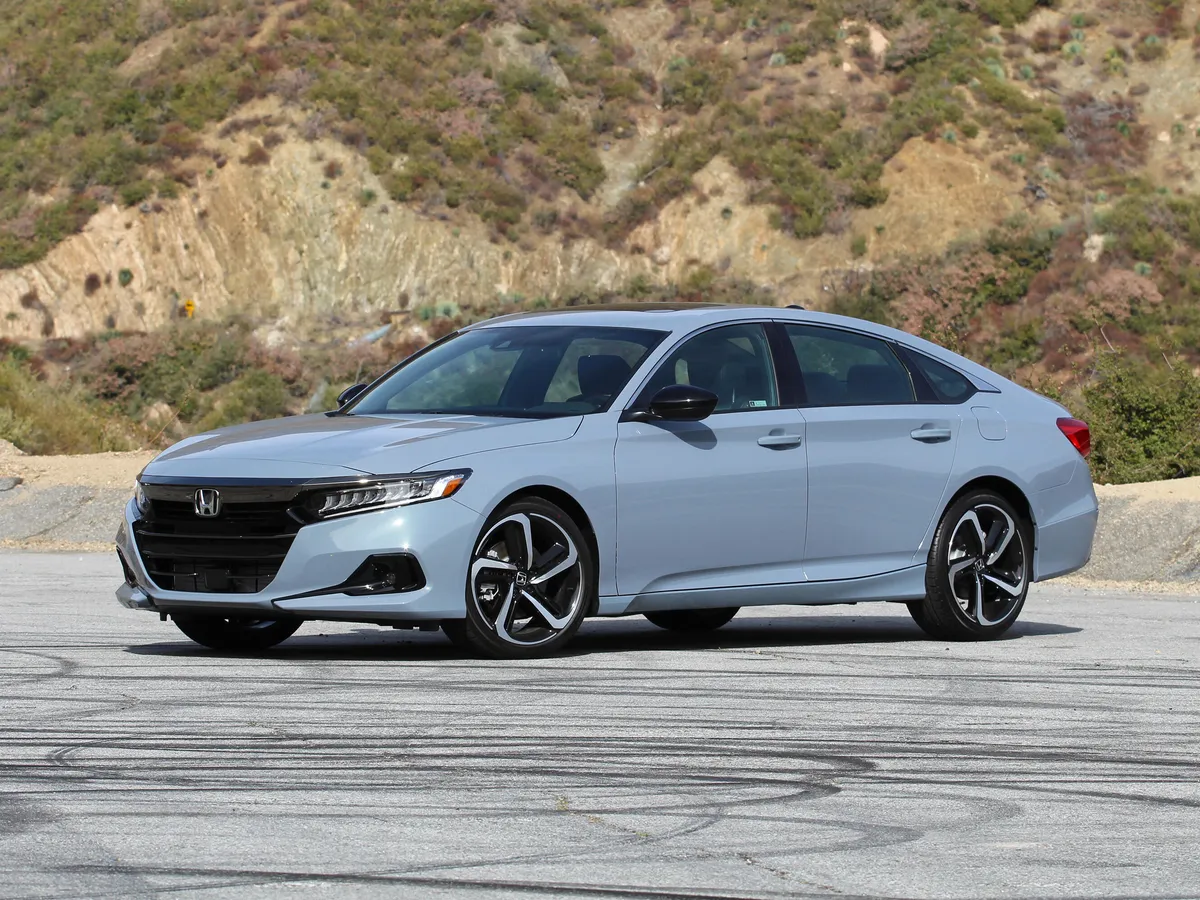
1. Honda Accord (2018–2024)
The Honda Accord continues to be one of the most user-friendly sedans on the market when it comes to Bluetooth connectivity. Beginning with the 10th-generation model in 2018, Honda overhauled its infotainment system to offer a more intuitive user experience, and this included dramatic improvements in wireless pairing and stability. Pairing a phone for the first time is a straightforward, no-fuss process.
Once the device is discovered, the system provides clear prompts to authorize the connection, and the entire process typically takes less than 15 seconds. For those who switch phones or have multiple users in the car, the interface remembers up to six devices and displays them in an easily navigable list.
What sets the Accord apart is its consistency. Once a phone is paired, it reliably reconnects every time the car is started. The system doesn’t suffer from the common glitch where the phone appears to be connected for calls but not audio, or vice versa—both profiles stay linked unless manually changed.
This is critical for users who frequently switch between music, podcasts, and hands-free calling. Audio clarity is commendable as well. Voice calls come through clearly, with minimal lag or distortion, and music playback maintains consistent volume levels even when switching between apps like Spotify, YouTube Music, or Apple Podcasts.
Another important factor is Honda’s commitment to software stability. While some manufacturers roll out flashy new interfaces that often suffer from bugs, Honda tends to focus on slow, incremental updates that polish functionality. OTA (over-the-air) updates, though not as frequent, usually include reliability patches that further improve Bluetooth responsiveness.
This approach pays dividends over time, with fewer users needing to delete and re-pair their devices or visit dealerships for resets. The system also works seamlessly with both iOS and Android, which is not always the case for competitors that seem to favor one ecosystem.
The Accord also includes thoughtful design elements that enhance its Bluetooth experience. Physical volume knobs and steering wheel controls make it easy to manage calls and media without relying solely on touch inputs.
Voice command integration works smoothly, enabling drivers to make calls or dictate texts hands-free with accuracy. Whether you’re commuting daily or taking long road trips, the Accord ensures your digital connection stays solid, earning it a well-deserved place at the top of the list for Bluetooth excellence.
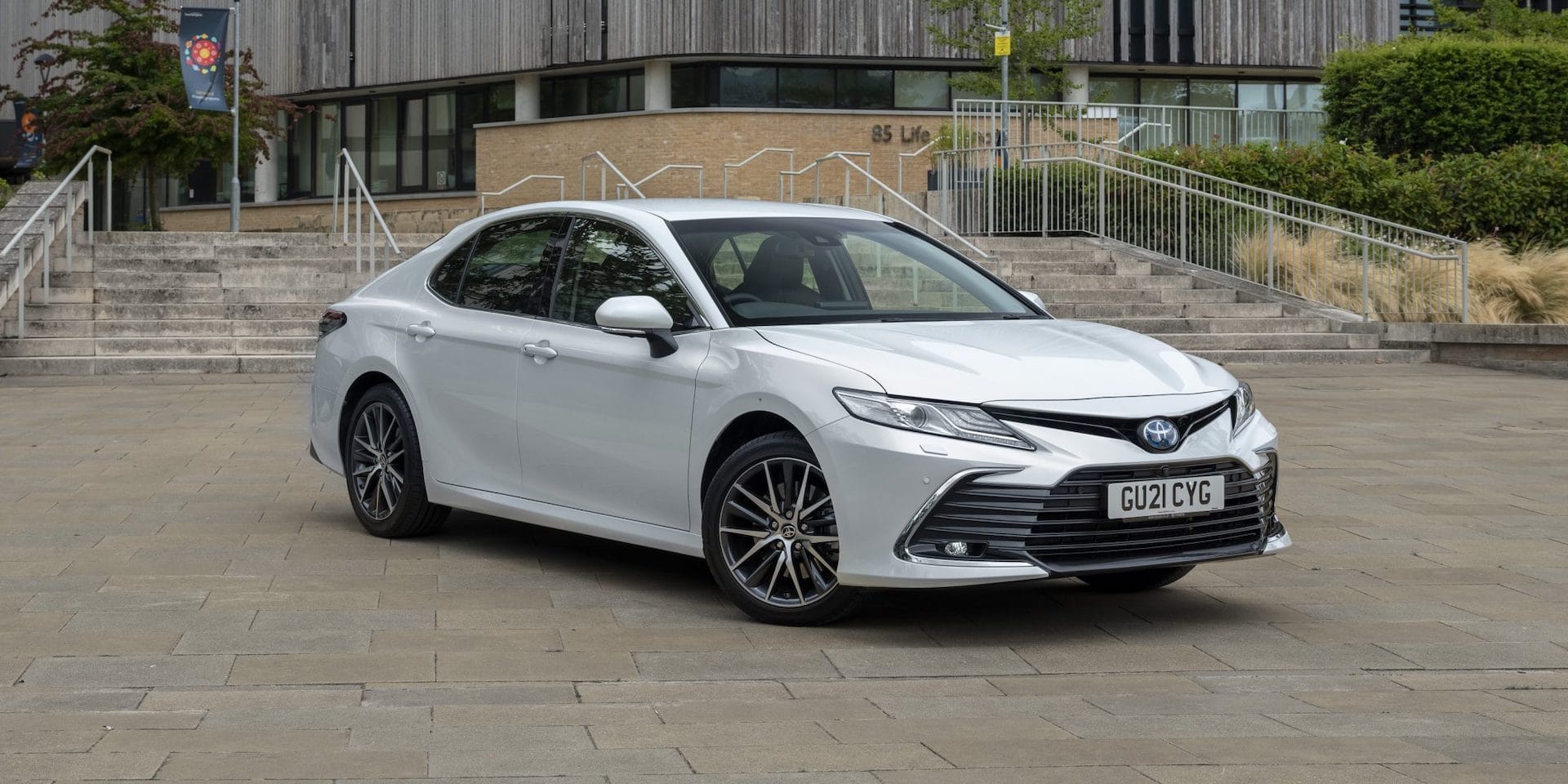
2. Toyota Camry (2018–2024)
Toyota’s Camry is known for its dependability in every category, and Bluetooth functionality is no exception. Since 2018, the Camry has included Toyota’s Entune infotainment system, which, while basic in aesthetics, excels in functionality and ease of use.
Pairing a phone is a guided process with visual prompts and voice confirmations that take the guesswork out of syncing devices. Once a phone is connected, the system remembers preferences like call priority, audio streaming settings, and contact lists, even after a full reset or battery disconnection.
A big part of what makes the Camry’s Bluetooth system stand out is how well it handles multitasking. The interface can manage audio from a streaming app while simultaneously navigating with Google Maps via Bluetooth directions, all without stuttering or pausing music playback.
It also does a great job of buffering music content so that if a brief signal interruption occurs—such as driving through a tunnel—the audio resumes without skipping. It may sound like a small thing, but these are the types of details that distinguish great systems from merely functional ones.
Additionally, Toyota has invested in superior hardware to support its Bluetooth software. Better antenna placement and shielding from engine noise result in fewer dropped calls and more consistent streaming quality.
Unlike some rivals, where users complain of “robotic” audio or signal loss mid-call, the Camry provides a stable platform even during high-speed driving or inclement weather. Users who rely on Bluetooth for business calls especially benefit from this reliability, making the Camry a solid choice for professionals on the go.
Toyota has also done a great job of backward and forward compatibility. Whether you have an older Android phone, the latest iPhone, or even a work-issued device with restrictions, chances are it’ll pair just fine. And when Toyota added support for Apple CarPlay and Android Auto in later models, they ensured these didn’t interfere with core Bluetooth functions.
This kind of seamless integration is a testament to the thoughtful engineering that underlies the Camry’s infotainment system. While it may not have the flashiest graphics or animations, it consistently works when you need it—and that’s arguably more important.
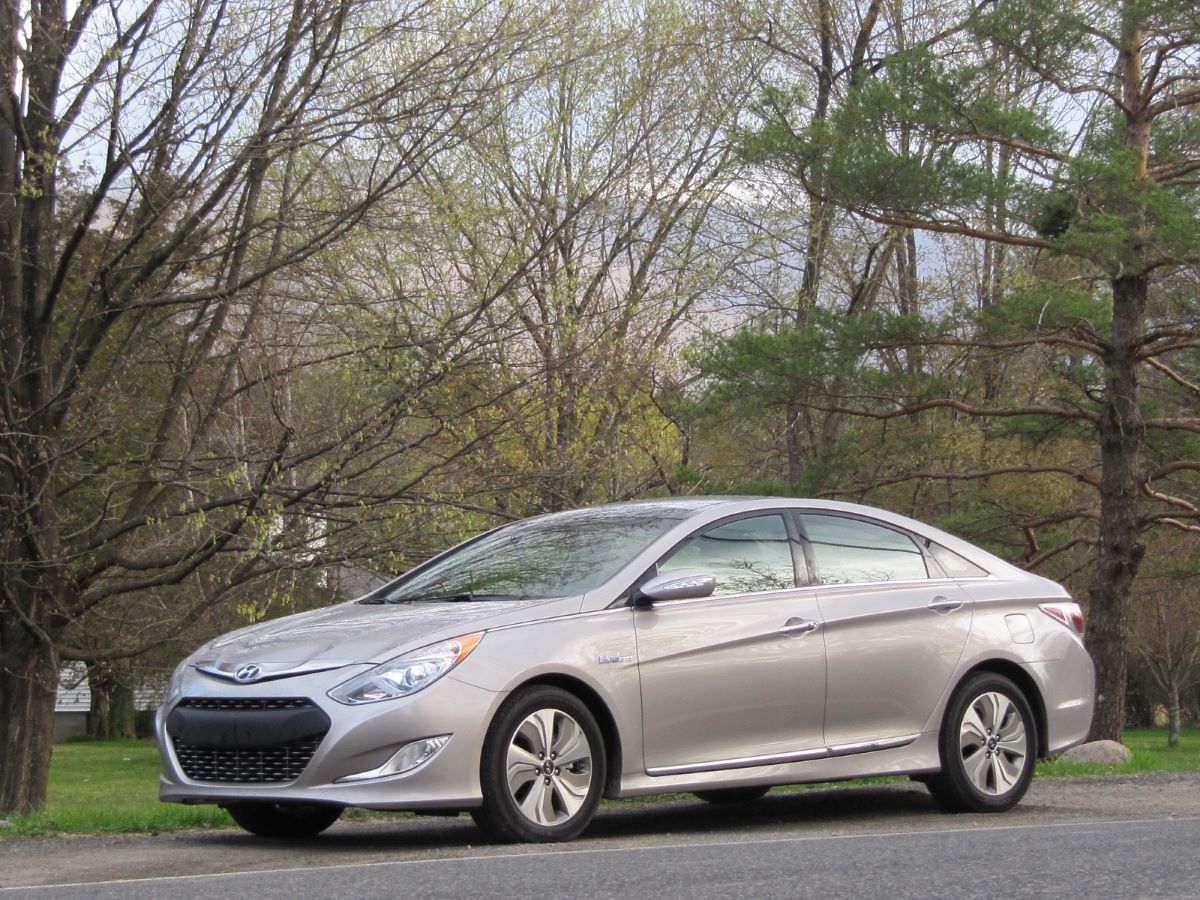
3. Hyundai Sonata (2020–2024)
The Hyundai Sonata offers one of the best Bluetooth experiences available in a mid-size sedan, thanks to a comprehensive redesign in 2020 that introduced an all-new infotainment suite. Hyundai’s system is fast, polished, and capable of handling a wide range of Bluetooth functions with ease.
Initial pairing is a quick and painless process, involving clear on-screen prompts and instant recognition of nearby devices. Unlike some systems that hesitate or lag when detecting a phone, the Sonata immediately picks up compatible devices and allows users to customize call and media preferences during setup.
Where the Sonata shines is in its multitasking capabilities and low latency. Whether you’re making a call, receiving turn-by-turn navigation through Bluetooth audio, or streaming high-bitrate music, the system handles it all with surprising smoothness.
Audio doesn’t drop or fade when switching between tasks, which is often a pain point in other sedans. The infotainment interface is not only fast but also logical, meaning fewer distractions while driving and more confidence that your connection is going to stick.
Hyundai has also thought about the “after-pairing” experience. Some systems pair quickly but require frequent reboots or reconnections later. The Sonata, however, remembers your settings and preferences consistently—even across firmware updates or if the phone’s operating system changes.
It also supports the seamless integration of multiple devices, which is a lifesaver for households where more than one person uses the car regularly. The system allows easy toggling between phones for calls or audio without unpairing anyone, which is particularly useful in family or shared-driving scenarios.
Lastly, Hyundai’s dedication to software stability deserves mention. Their update cycles are frequent, and they address bugs before they become persistent issues. Bluetooth firmware is part of these updates, and it often improves pairing speed and connection reliability even further.
This kind of continued support is rare in the segment and elevates the Sonata’s infotainment system from good to exceptional. With a blend of speed, clarity, reliability, and thoughtful design, the Sonata offers a Bluetooth experience that punches well above its price point.
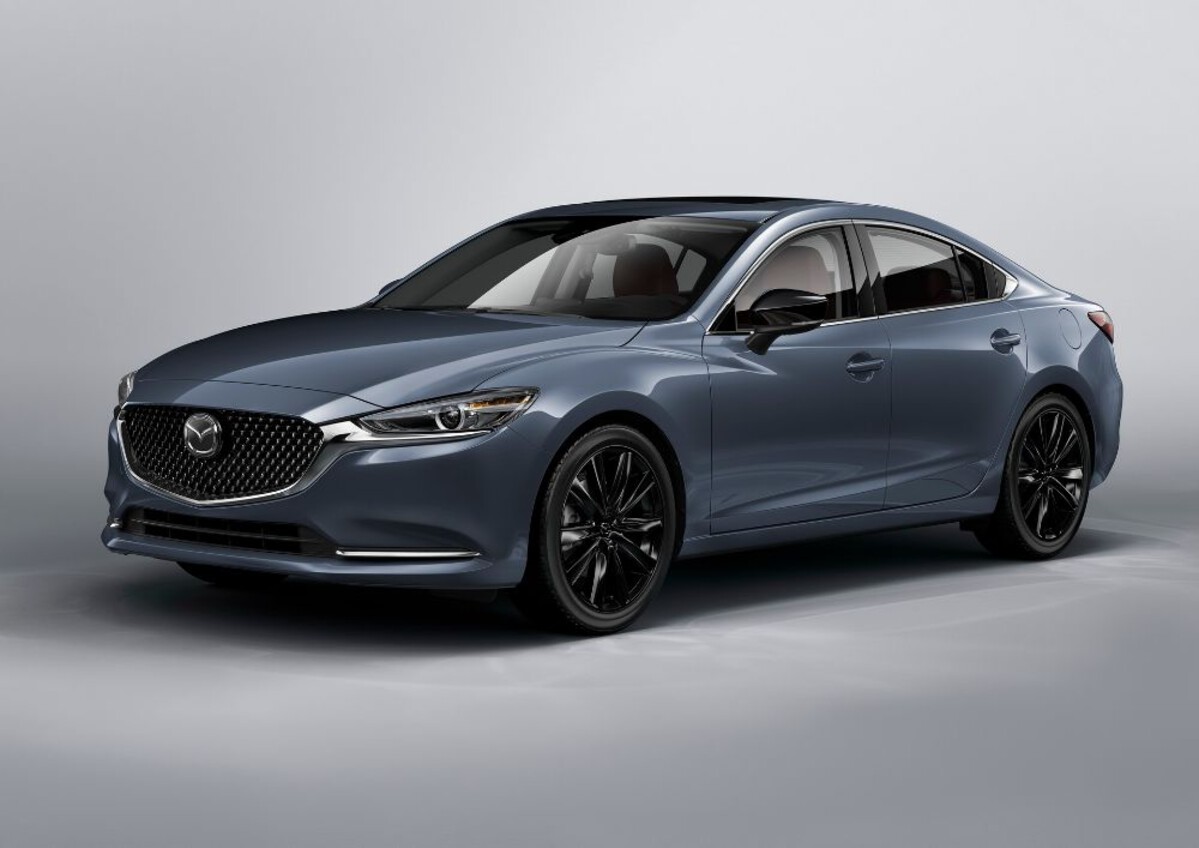
4. Mazda 6 (2018–2021)
Mazda’s focus on simplicity and driver-centered design extends deeply into its infotainment systems, and the Mazda 6 demonstrates this philosophy well. From 2018 onward, Mazda’s in-car technology matured into a quiet powerhouse, particularly in the realm of Bluetooth connectivity.
Pairing a phone is refreshingly simple, involving no more than two or three quick inputs. The system responds quickly and displays concise prompts that avoid the confusion common in other vehicles. Even first-time users often find themselves connected and streaming music or placing calls within 30 seconds.
Where the Mazda 6 earns its Bluetooth reputation is in long-term stability. Some cars connect easily but require constant attention to stay connected. The Mazda 6 is not one of them. Once a device is paired, it remains connected reliably over weeks and months, even through phone OS updates and occasional power cycling.
Users consistently report that the Mazda 6 “just works,” which may not sound exciting but is exactly what most drivers want from their tech. There are minimal reports of dropped calls, audio delays, or spontaneous disconnections.
The audio quality through Bluetooth is also a standout feature. Mazda uses higher-end Bluetooth codecs when available, which allows for better audio fidelity. This may not matter to every driver, but for audiophiles or podcast enthusiasts, the improved clarity and consistency in volume levels enhance the experience significantly.
Bluetooth calls are also well-balanced, with natural-sounding audio that doesn’t degrade into distortion even in noisy environments. That level of performance is rare in this price range and makes a noticeable difference during daily commutes.
Another underrated strength is how well Mazda Connect integrates with physical controls. While many systems force users to navigate touchscreens exclusively, Mazda provides a central rotary controller and physical buttons to manage media and calls.
This tactile approach reduces driver distraction and improves usability while driving. All in all, the Mazda 6 may not shout about its tech features, but when it comes to Bluetooth, it’s one of the most competent, dependable systems you can find in a sedan.
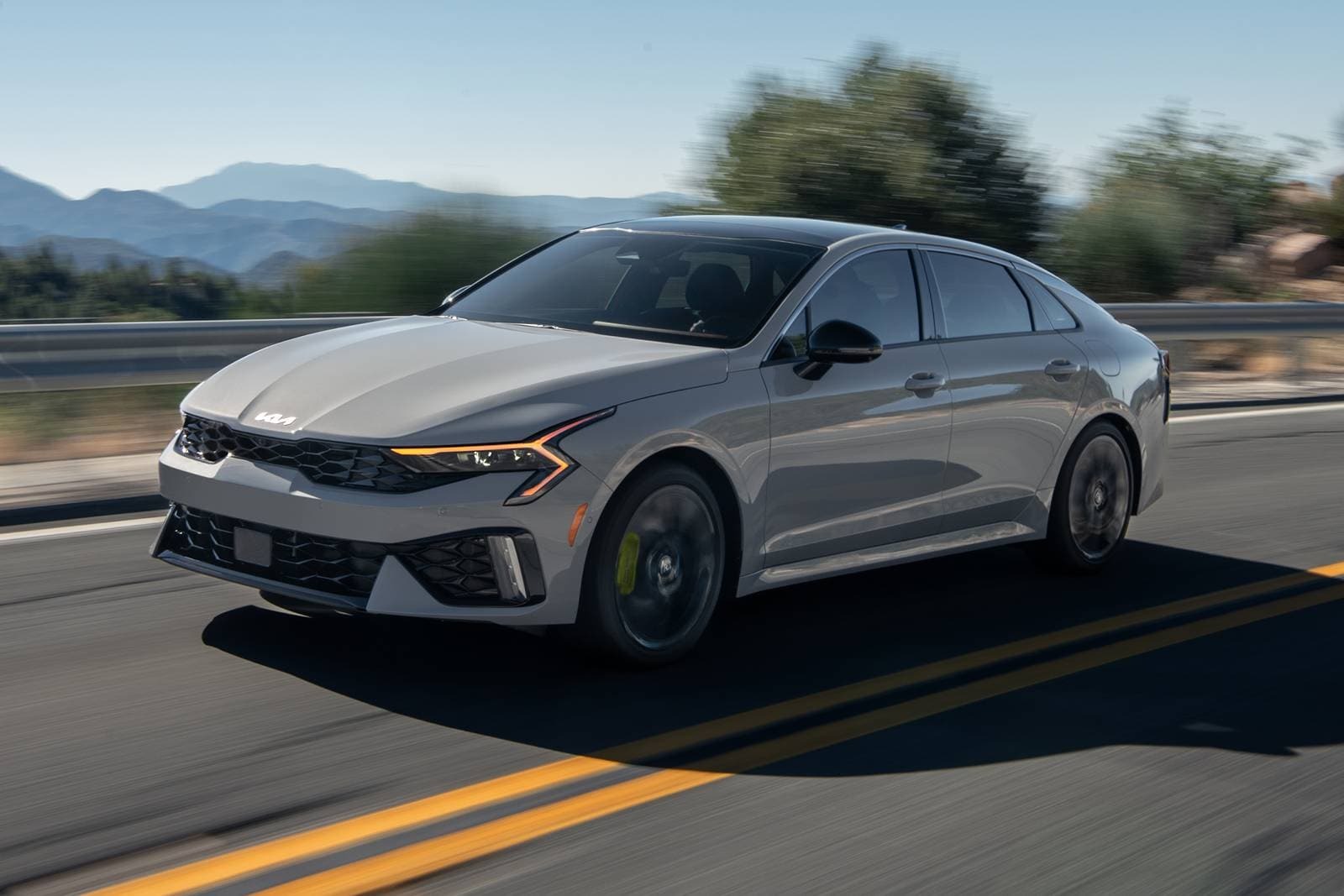
5. Kia K5 (2021–2024)
When Kia introduced the K5 in 2021 to replace the Optima, it brought with it a completely revamped infotainment system that competes with luxury vehicles in terms of responsiveness and user experience. The system’s Bluetooth module is one of the most responsive and reliable in its class, allowing for near-instant phone detection and pairing.
The pairing screen offers real-time device detection, intuitive graphics, and customizable settings that let users determine whether they want to allow contact syncing, message access, or just call and media audio. Few other sedans offer that level of control up front.
One of the most compelling features of the K5’s Bluetooth setup is how well it handles interruptions and handoffs. For example, if a user is streaming music via Bluetooth and receives a call, the system transitions smoothly without stuttering or crashing.
After the call ends, the music resumes from the exact point it left off—an often-overlooked detail that dramatically improves the user experience. The system is also smart about audio levels, automatically adjusting call volume separately from media volume, avoiding the common annoyance of having your music blare after a quiet phone call ends.
Another strong suit is the system’s multi-user memory. The K5 can store multiple devices and allows easy switching between them, which is a welcome feature in shared-vehicle households. It prioritizes the most recently connected phone but does so intelligently; it won’t suddenly kick one device off just because another was nearby.
The visual interface also shows which device is currently connected, making it easy to manage without digging into submenus. This creates a level of predictability that’s crucial for users who expect their car to work like an extension of their smartphone.
Kia also maintains strong software support for the K5’s infotainment system. Updates often include fixes for connectivity bugs, and the brand has even been praised for issuing patches after major iOS and Android changes to maintain compatibility.
When combined with excellent antenna design and signal strength, the result is one of the most frustration-free Bluetooth experiences on the market. Whether you’re taking calls, playing music, or relying on your device for navigation, the K5 keeps your connection steady and stress-free.
5 Sedans Known for Dropping Bluetooth Connections
While many automakers have embraced the importance of seamless smartphone integration, not all sedans have successfully executed stable Bluetooth performance. Some models, despite being well-reviewed in other areas—like ride comfort, fuel economy, or interior design—suffer from frustrating digital shortcomings.
Bluetooth issues are among the most common complaints reported by drivers in forums, app reviews, and even on dealership service records. Problems range from failure to reconnect automatically, intermittent audio drops during calls or streaming, and complete Bluetooth crashes requiring system restarts or phone unpairing. These failures often don’t appear during test drives but become apparent in daily use.
What’s particularly frustrating is that many of these vehicles don’t necessarily lack hardware power—they simply suffer from poor software integration or lack of updates.
A car’s ability to maintain a reliable Bluetooth connection hinges not just on antenna quality or signal strength, but also on how well its infotainment software handles signal prioritization, device memory management, and cross-platform compatibility.
Sedans in this list might have desirable features or attractive price points, but they often leave users battling with dropped calls, music that cuts in and out, and inconsistent system responses that undermine the overall driving experience.
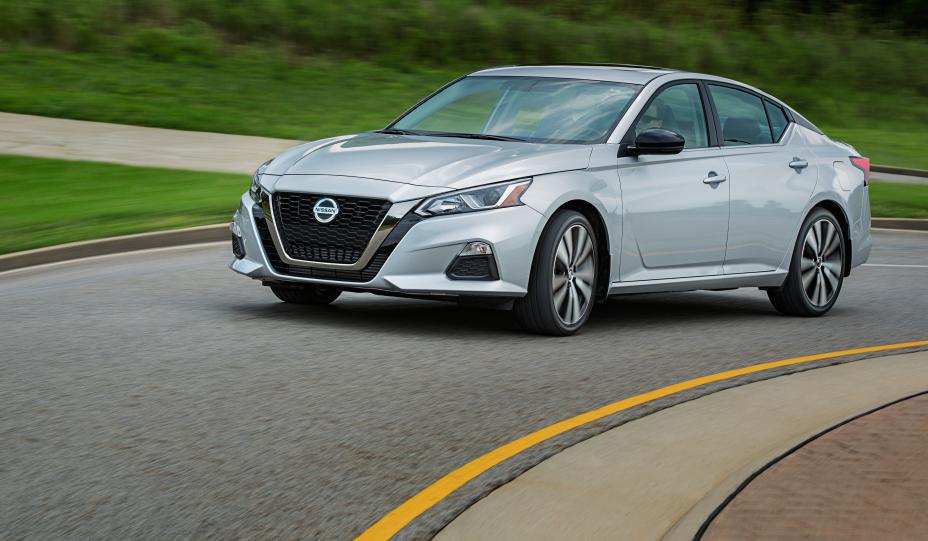
1. Nissan Altima (2018–2023)
The Nissan Altima, while praised for its spacious interior and solid fuel economy, has often disappointed owners when it comes to Bluetooth reliability. Starting with the 2018 model and continuing into more recent versions, the Altima’s NissanConnect infotainment system frequently struggles with consistent Bluetooth connections.
Users report that while initial pairing is usually uneventful, the system tends to drop calls mid-conversation or disconnect from the device entirely after 10 to 15 minutes of streaming. This can happen regardless of phone brand or OS version, indicating a deeper software integration issue rather than user error.
One recurring complaint is that the system fails to auto-reconnect to a paired phone once the car is restarted. Drivers are forced to manually reconnect or re-pair their devices multiple times a week.
This isn’t just a minor inconvenience—it makes hands-free usage, particularly for frequent drivers or those using GPS through Bluetooth audio, a consistent pain point. In more severe cases, the infotainment system freezes entirely and must be restarted by turning the car off and on again, a clear sign of buggy software at work.
Nissan has issued occasional software updates, but they are typically deployed only through dealership visits and do not address Bluetooth stability as effectively as they should. The system also tends to favor call audio over media audio, causing it to randomly drop streaming sessions even when calls aren’t active.
This leads to frustration when switching between podcasts, music, and calls—actions that should be fluid in a modern vehicle. Inconsistent volume controls further complicate the experience, with call audio often being too quiet or media playback unexpectedly loud.
Even in newer Altima trims, including those with Apple CarPlay and Android Auto, the Bluetooth foundation remains shaky. The presence of these wired or wireless features does not compensate for the fact that core Bluetooth performance continues to be unstable. For drivers who expect reliable wireless connectivity, the Altima unfortunately falls short and remains a cautionary tale about good hardware marred by underdeveloped software.
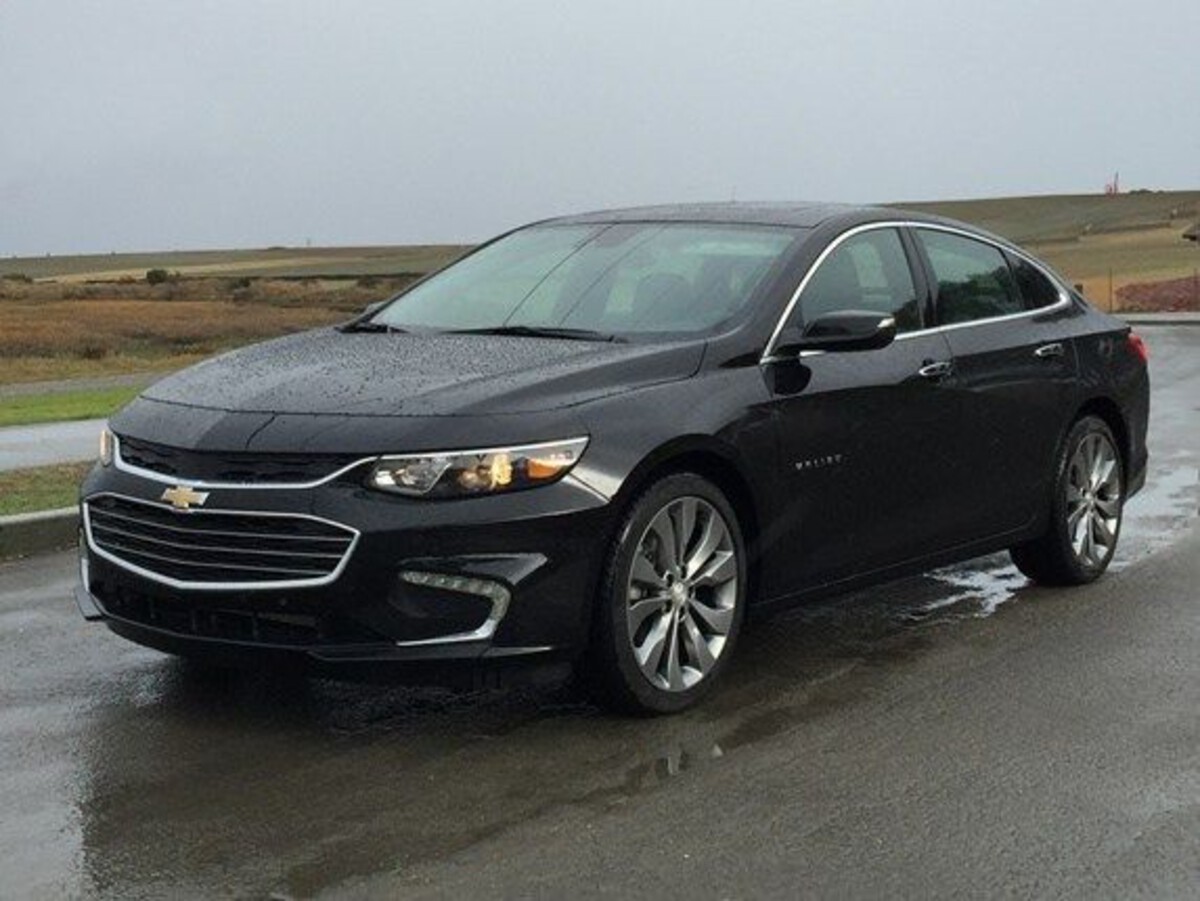
2. Chevrolet Malibu (2016–2022)
The Chevrolet Malibu has been a popular fleet vehicle and family sedan for years, but its infotainment system hasn’t kept pace with the competition when it comes to Bluetooth performance. Starting around the 2016 model year and persisting through to 2022, many Malibu owners have reported frequent disconnection issues, particularly with Android phones.
Even when the initial pairing process is successful, many users find that the connection drops unexpectedly during calls or when switching between media apps.
One of the primary issues lies with the MyLink infotainment software, which, while sleek in design, has shown a tendency to lag under pressure. When handling more than one task—such as navigation and audio playback simultaneously—the system can become sluggish and unresponsive.
This sometimes results in partial disconnections where call audio continues but music cuts out, or vice versa. It’s a subtle but persistent flaw that becomes frustrating over time, especially for users who rely on Bluetooth as their main in-car link.
Another pain point is Bluetooth memory retention. The Malibu often “forgets” paired devices after a software glitch or minor power issue. Some drivers report having to re-pair their phones weekly due to random resets in the system.
In fleet environments where multiple drivers use the same car, the infotainment system becomes confused by stored profiles, which can result in it refusing to connect to any phone without a hard reset. This clunky experience feels outdated, particularly in comparison to rivals with smarter prioritization and more intelligent auto-switching behavior.
What adds to the frustration is the inconsistency across trims and years. Some higher-end Malibus with upgraded infotainment screens fare better, but even those aren’t immune to sudden drops and slow reconnections.
General Motors has made strides with newer infotainment systems in models like the Bolt and newer SUVs, but the Malibu’s legacy issues remain a black mark on its otherwise competent driving experience. For a car meant to serve as a comfortable, tech-ready cruiser, its Bluetooth performance is a major letdown.
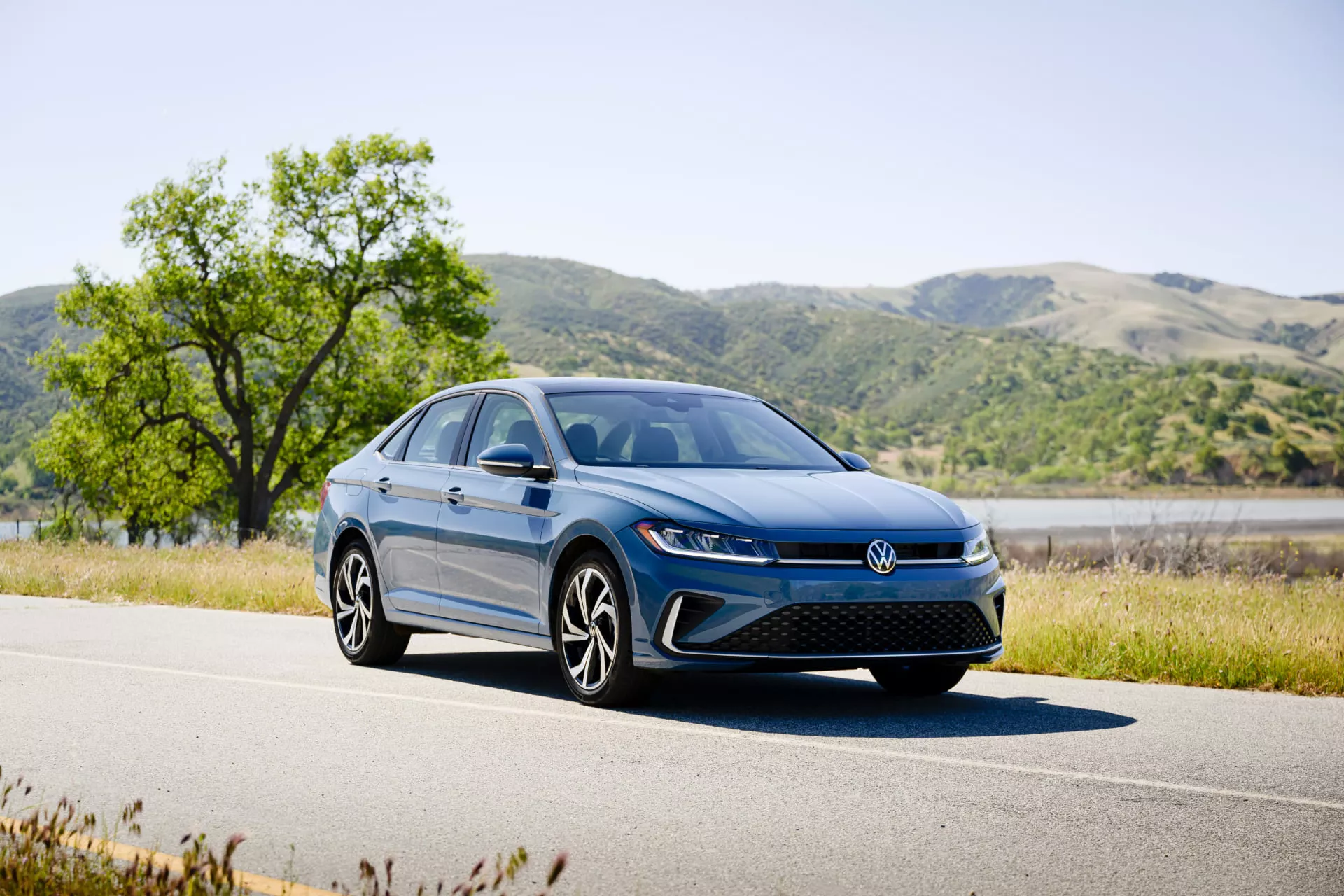
3. Volkswagen Jetta (2019–2023)
Volkswagen’s Jetta offers a premium-feeling ride for a compact sedan, but its Bluetooth stability has frustrated many of its otherwise loyal drivers. The Jetta’s MIB II infotainment system, though visually modern, often fails to deliver a consistent wireless experience.
Common user complaints include audio that lags behind video when streaming from apps, delayed call responses, and sudden Bluetooth reboots mid-drive. These issues are often amplified after routine phone OS updates, suggesting that VW’s software doesn’t adapt well to evolving smartphone platforms.
One particularly annoying glitch is the system’s habit of prioritizing the wrong audio profile. For instance, users frequently report that their phone connects for calls but not for media, or vice versa.
Sometimes this occurs with no user interaction, and the only fix is to go into the phone’s Bluetooth settings and manually toggle media permissions back on. This wouldn’t be too bad if it were rare, but it’s a regular frustration for a large portion of the Jetta’s driver base.
Volkswagen’s infotainment updates are few and far between, which exacerbates the issue. When bugs are discovered—such as persistent skipping in music playback or frozen Bluetooth profiles—there’s little recourse for the average driver aside from visiting a dealership.
Even then, technicians often provide generic solutions like “factory reset” or “unpair and re-pair,” which may temporarily fix the issue but don’t address the root cause. Inconsistent support leaves users stuck in a loop of troubleshooting and disappointment.
Adding insult to injury, some Jetta owners find that the system works fine with one phone but fails with another, even when both are current models.
This inconsistency means there’s no one-size-fits-all solution or explanation, which erodes trust in the system. As a result, many Jetta drivers have resorted to using auxiliary cables or USB for media just to avoid the Bluetooth headaches. For a brand that markets itself on German precision, the Jetta’s Bluetooth connectivity is a surprising sore spot.
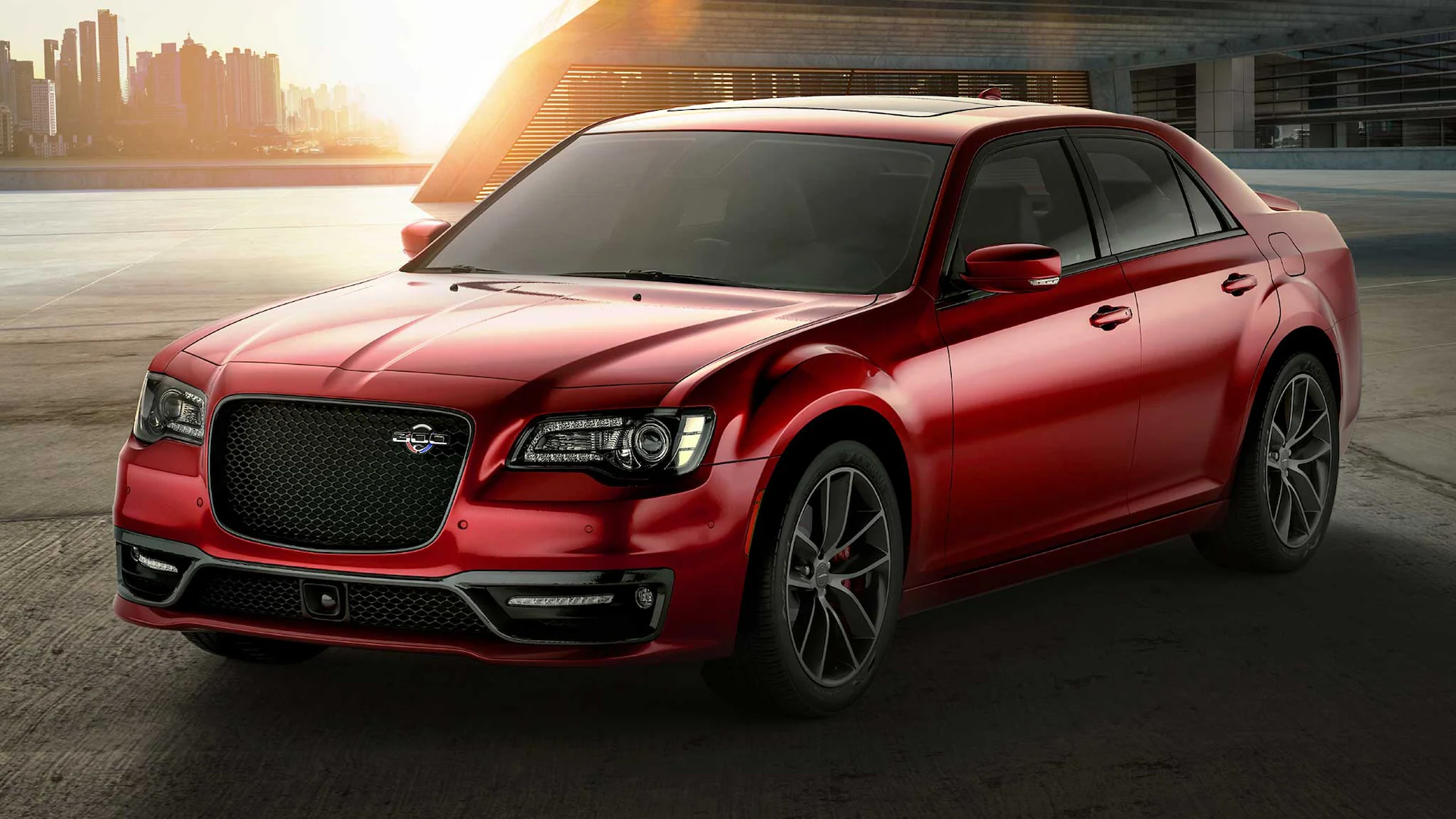
4. Chrysler 300 (2015–2022)
The Chrysler 300, often praised for its bold styling and smooth highway manners, is a full-size sedan that sadly underperforms when it comes to Bluetooth reliability. Despite its upscale image and generous cabin space, the Uconnect system that powers the infotainment experience often stumbles with maintaining a stable Bluetooth connection.
Drivers commonly report that their phones take too long to connect—sometimes up to a minute after starting the engine—and that the system intermittently drops audio even while the phone appears to still be connected.
One of the most baffling issues is the seemingly random nature of the disconnections. Unlike some systems where a particular event (like switching apps) triggers a drop, the Chrysler 300’s Bluetooth will sometimes drop mid-conversation or mid-song with no warning.
Reconnecting usually requires manually toggling Bluetooth off and back on from the phone, and even then, the car may fail to detect the device unless the ignition is cycled off. This level of unpredictability makes the experience more of a nuisance than an asset.
The Uconnect system itself has aged poorly in the Chrysler 300, especially in base and mid-level trims. While it offers decent screen resolution and voice command capability, the underlying architecture struggles with multitasking.
If you’re using navigation while also handling a Bluetooth call, the lag becomes obvious—menu inputs take longer to register, and there’s a higher risk of the system freezing altogether. In such cases, a hard reset is often required, taking the whole system offline for a few minutes.
While some of these issues have been addressed in newer Stellantis vehicles, the 300 has not benefited from the same level of update support. As the platform aged without major hardware or software revisions, it became less compatible with modern smartphones and increasingly prone to bugs.
Bluetooth functionality, once a convenience, became an unreliable guessing game for many owners. For a car aimed at buyers who expect luxury-like refinement, this connectivity weakness undermines the overall impression.
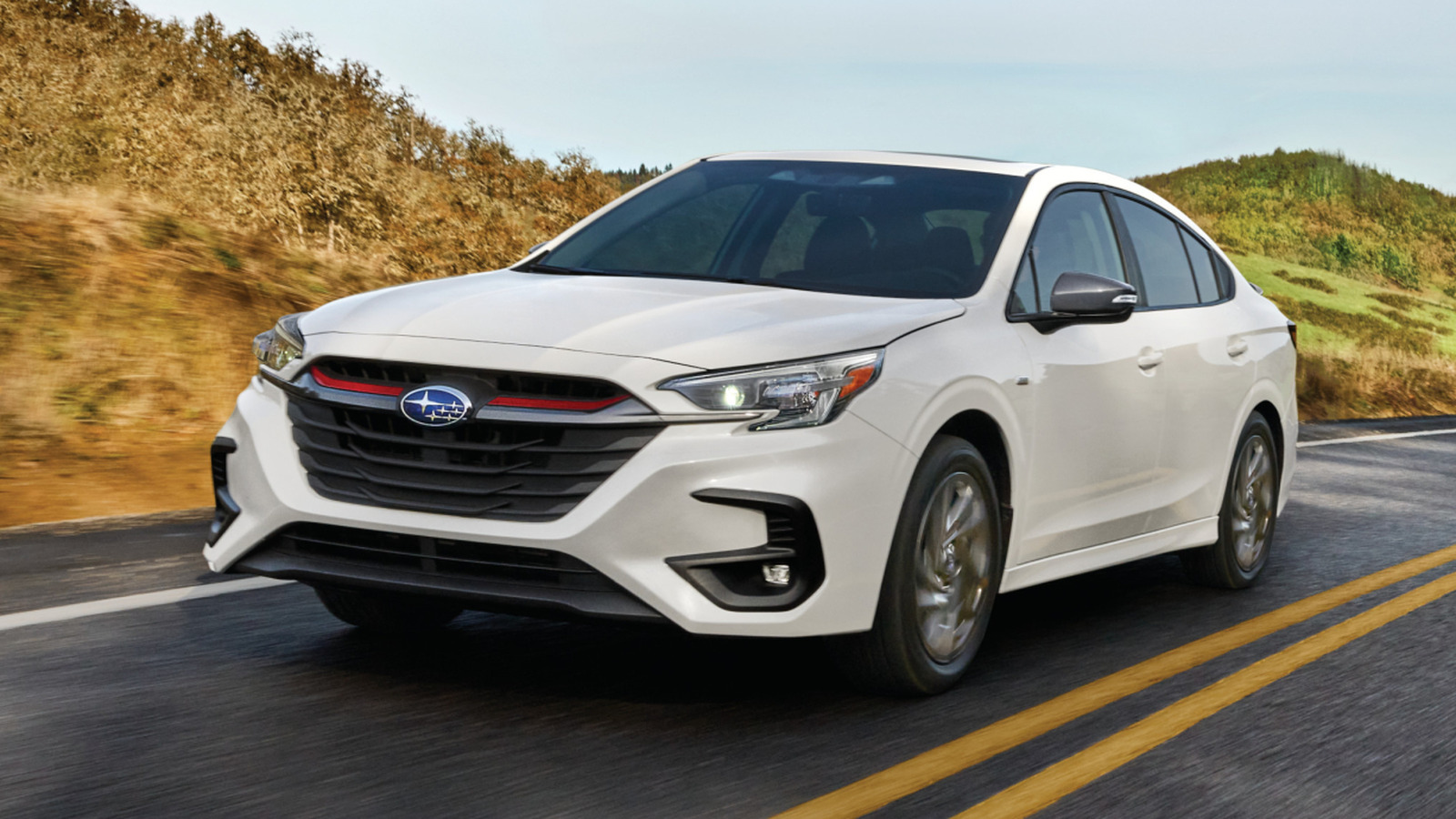
5. Subaru Legacy (2015–2020)
The Subaru Legacy is well-regarded for its safety features, symmetrical all-wheel drive, and comfortable ride, but its infotainment system has long been a weak link—particularly regarding Bluetooth stability.
Subaru’s Starlink system, while improved in recent years, has been the source of numerous complaints from Legacy owners who report frequent call drops, choppy audio, and connectivity loss that seems to worsen over time. These problems often begin subtly—occasional delays or syncing hiccups—but can evolve into chronic disconnection problems that require persistent intervention.
Initial pairing is not the issue; most users find that connecting a phone for the first time is fairly straightforward. The trouble arises during daily use, especially for drivers who depend on Bluetooth for work calls, streaming audio, or navigation prompts.
The system tends to “forget” phones even after successful pairing, requiring drivers to go through the pairing process again unexpectedly. Worse, once connected, the audio quality often fluctuates, with some users reporting muffled sound or volume inconsistency.
Part of the problem lies in Subaru’s relatively slow software update cycle. For years, the Starlink system lagged behind competitors in terms of firmware refinement. As a result, bugs that were fixed in rival systems lingered in the Legacy for years.
Owners would report that after a phone update—particularly on Android—the Subaru system would no longer support media streaming or voice prompts until a dealership reflash was performed. This caused a great deal of frustration for users who expected basic functions to “just work.”
Even in later model years prior to the system overhaul, the Starlink platform continued to underwhelm in real-world performance. Subaru’s focus on ruggedness and safety is admirable, but their in-car tech often feels like an afterthought.
For buyers in colder climates who love Subaru’s driving dynamics but rely on Bluetooth for daily communication and media, the Legacy’s spotty performance represents a major compromise.
Also Read: Top 10 Most Reliable Used Cars You Can Buy for Under $10,000 in 2025
As technology continues to shape the way we drive, the importance of a solid, dependable Bluetooth connection cannot be overstated. For many drivers, Bluetooth is not just a luxury—it’s the primary way they interact with their vehicle’s audio system, navigate unfamiliar roads, take work calls, or manage their day-to-day communications while on the move.
A car that gets this feature right earns instant credibility with drivers who expect their vehicle to sync with their lifestyle, not hinder it. Unfortunately, as we’ve seen, not all sedans are up to the task. The difference between a sedan with top-tier Bluetooth functionality and one riddled with connection problems can drastically influence overall ownership satisfaction.
Among the five sedans that stood out for their Bluetooth performance, what becomes immediately clear is a commitment to user-friendly design and consistent software maintenance. The Honda Accord, Toyota Camry, Hyundai Sonata, Mazda 6, and Kia K5 all reflect automakers that understand Bluetooth is more than a box to check—it’s an integral part of the in-car experience.
These vehicles offer quick pairing, reliable reconnections, smooth transitions between media and calls, and intuitive controls that require minimal driver intervention. They also benefit from strong manufacturer support, with timely updates and attention to bug fixes, helping them stay compatible with the ever-evolving smartphone market.
These sedans make Bluetooth feel invisible—in the best possible way. Drivers don’t think about it because it works the way it should, every time. And that, in many ways, is the ultimate sign of good technology: it enhances life without drawing attention to itself.
Whether through the Accord’s polished interface, the Camry’s cross-platform dependability, or the K5’s smart multi-user functionality, these vehicles demonstrate that attention to digital detail pays off. For today’s driver, this is not a secondary benefit—it’s a requirement.
On the other hand, the sedans that falter—namely the Nissan Altima, Chevrolet Malibu, Volkswagen Jetta, Chrysler 300, and Subaru Legacy—share some common characteristics that shed light on why their Bluetooth systems underperform. In some cases, the issue stems from outdated hardware being paired with bloated, buggy software.
In others, it’s a result of poor integration between the phone and the car’s audio profile settings, leading to confusion between call and media roles. Often, these problems go unresolved because manufacturers do not prioritize software updates for non-luxury vehicles, leaving drivers stuck with unreliable systems long after purchase.
Perhaps the most frustrating aspect of Bluetooth problems is their unpredictability. One day your phone connects and plays your music without issue; the next, it refuses to sync, or drops mid-call. For people who rely on Bluetooth for work, navigation, or simply convenience, this inconsistency is not just annoying—it’s a dealbreaker.
Many drivers of these struggling sedans have resorted to using auxiliary cables, USB connections, or even purchasing aftermarket head units just to restore functionality they expected to be seamless. This is a clear signal that these vehicles failed to meet one of the most basic expectations of modern car ownership.
As cars become more connected and digital ecosystems continue to expand, reliable Bluetooth performance will become even more critical.
In a future where wireless platforms like Android Auto and Apple CarPlay operate exclusively without cords, and where voice control becomes the dominant interface for in-car tasks, vehicles that can’t maintain a steady Bluetooth link will find themselves quickly outdated. The sedans that get Bluetooth right today are not just offering convenience—they’re providing a foundation for future-ready mobility.
In the end, when considering a sedan, it’s no longer just about horsepower, trunk space, or safety scores. It’s also about how well the vehicle connects to the digital tools you use every day.
A car that can’t hold a Bluetooth signal is a car that breaks the rhythm of modern life. By choosing a sedan with a proven track record of Bluetooth reliability, drivers are investing in more than just a car—they’re investing in a smoother, smarter, and more connected driving experience.

